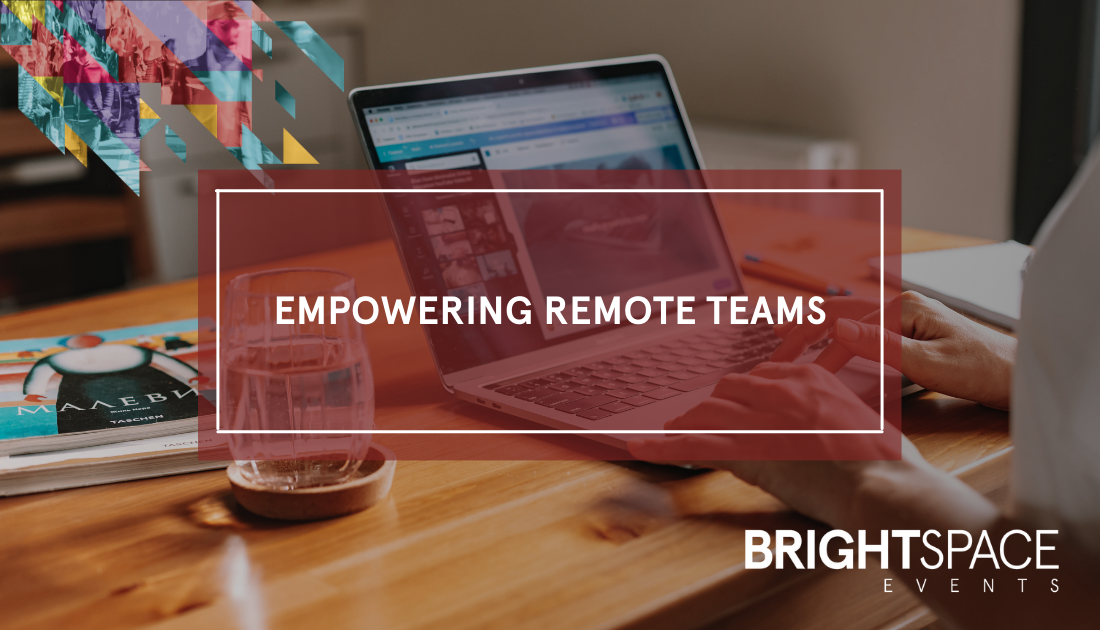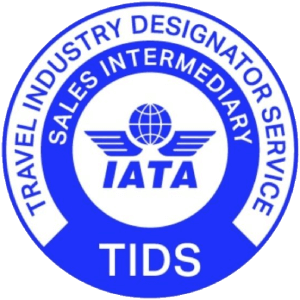Engaging a remote workforce
According to a remote workforce statistic published by Forbes, 28.2% employees work hybrid while 12.7% work remotely while 59.1% actively work from offices. Another report claims that as of February 2024, 17% of the UK workforce is working remotely and 52% prefers a hybrid setup. Working remotely has its own advantages, however, the issue that is faced by employers in this arrangement is employee engagement in the remote workforce. Some of the main areas that are severely threatened in this establishment include productivity, profitability, customer service along with the mental well-being of employees.
Remote work has become widely recognised for its numerous advantages for both employers and employees. Employers can tap into a diverse global talent pool, while employees enjoy the flexibility to work from a location that suits them. The happiness of remote employees is evident, as revealed in a recent PwC study, where only 8% expressed a desire to work from their employer’s office. Additionally, the shift to remote work is perceived as successful by 83% of employers and 71% of employees.
How to engage a remote workforce?
Sarah Threlfall, Managing Director of BrightSpace events has effectively reflected on the issue of remote workforce management and brings to you effective solutions for engaging a remote workforce:
Start as you mean to go
Creating a robust onboarding process is crucial for setting the tone and building a strong foundation with new remote team members. Traditional office environments naturally expose employees to the company culture, but in remote setups, a proactive introduction is imperative.
Consider assigning ‘Culture Champions’ among peers to guide new members, allowing line managers to focus on role-specific objectives. Comprehensive induction programs spanning weeks or months offer a more immersive experience, steering clear of brief virtual meetings. Introduce mentors from diverse backgrounds to enhance support and integration.
Review you Communication Strategy
Effective communication is the lifeblood of any successful remote team, bridging the gap created by physical distance. Address the challenge of missing out on spontaneous office interactions by proactively designing communication channels. Implement a diverse range of platforms such as Slack, Teams, or Skype chat for different communication needs.
Encourage informal discussions to replicate the ‘water cooler moments’ that contribute to idea generation and problem-solving. Periodic check-ins by line managers ensure relevance and inclusivity, preventing employees from being drowned in emails or experiencing burnout from endless virtual meetings.
Meeting Audits for Productivity
While staying connected is crucial, drowning in excessive meetings can hinder both productivity and employee well-being. Regularly assess the meeting landscape to identify redundancies and streamline communication channels. Embrace the power of quick 5-minute calls for informal check-ins rather than rigid 30-minute schedules.
Evaluate the necessity of virtual meetings versus face-to-face interactions, striking a balance between convenience and the impact of live events. Leverage hybrid and roadshow events for important updates, ensuring engagement without the drawbacks of constant travel.
Harness Technological Advances for Engaging Platforms
The technological boom of the past two years has revolutionised virtual communication. Ensure you’re utilising the most up-to-date platforms that align with your company’s needs. Move beyond monotonous screen shares and PowerPoint presentations; opt for interactive and engaging virtual experiences.
Benchmark the quality of your virtual meetings, considering both technical aspects and attendee experience. Evaluate if your current platform faithfully represents your brand and if it aligns with the expectations of your remote workforce.
Foster Collaboration through Co-Creation
Engage your remote workforce by involving them in the creation of communication and socialisation strategies. Instead of imposing team-building activities, facilitate discussions to identify challenges and collaboratively design solutions. A great way of doing this is organising hybrid events.
Recognise that different teams may prefer diverse communication methods, whether through an intranet, regular social events, or offsite activities. Encourage a participatory approach to problem-solving, tapping into the creativity and insights of your diverse workforce.
Continuous Feedback for Ongoing Improvement
Establish a two-way feedback loop to consistently gauge the pulse of your remote workforce. Beyond formal surveys, embed questions about communication, team dynamics, and overall satisfaction into regular one-on-one or appraisal meetings.
Ensure a comprehensive exploration of immediate and long-term concerns, team dynamics, and awareness of company events and initiatives. Demonstrate commitment by promptly addressing identified issues and communicating transparent plans for improvement.
Invest in Employee Development and Recognition
Prioritise employee growth and recognise achievements to reinforce a sense of value and belonging. Provide opportunities for skill development, mentorship, and career advancement within the remote setup.
Implement recognition programs to acknowledge individual and team accomplishments, fostering a positive and motivated work environment.
BrightSpace Events; your ultimate event solution
BrightSpace Events is your trusted event management partner, presenting innovative solutions for effective remote workforce management. Enhance your team dynamics, communication, and productivity with our tailored strategies. Contact Sarah today to explore how we can redefine the remote work experience together or mail BrightSpace events at hello@brightspaceevents.co.uk









